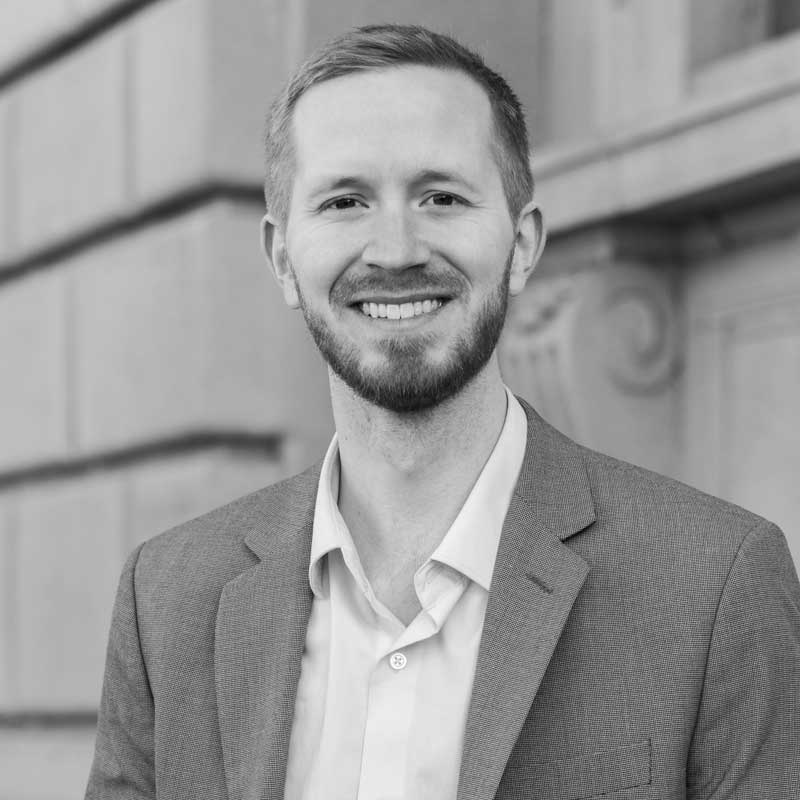Takeaway
Our future healthcare workforce must be as diverse as the communities it serves.

Lifelong learning in clinical excellence | February 27, 2019 | 2 min read
By Tyler Mains, MD, University of California, San Francisco
I met Ms. D when she was intubated and sedated. She carried a diagnosis of AIDS and recently acquired a severe infection requiring admission to the ICU. The previous night, she had developed an often irreversible and fatal complication of the infection. My job was to share this news with her family. Soon after brief introductions, a family member requested a transfer to another hospital for a second opinion, expressing frustrations with the care she had received at our hospital and mistrust of our team.
Race
While we did not explicitly discuss race during this highly emotional conversation, I couldn’t help but wonder how the social construct impacted the care of this patient. Her physicians at the time, including an ICU attending and fellow, an infectious disease attending and fellow, a neurology attending, and me, were all white. Ms. D and her family were black. On a daily basis, implicit biases and structural racism continue to impact minority patients, the consequences of which can be severe.
Soon after my talk with Ms. D’s family, she passed away. HIV is a treatable illness and patients should not die of complications related to AIDS in the modern era. Yet, black patients in America living with HIV are less likely to achieve viral suppression as compared to their white peers.
Our future workforce must be as diverse as the communities it serves
Eliminating these disparities will require transforming our healthcare system, including the people providing care. Our future workforce must be as diverse as the communities it serves. Yet we are far away from that goal, as less than 10% of practicing physicians identify as being from under-represented groups.
To that end, the MERIT Health Leadership Academy aims to equip minority and low-income high school students with the knowledge, experiences, and network needed to address the individual and systemic determinants of health. Through a comprehensive and longitudinal program model including a three-year Saturday curriculum, summer internships, and mentoring, MERIT prepares scholars like Zion to enter the health workforce, poised to be effective change agents.
For the last five years, 100% of MERIT scholars have earned admissions to four-year universities, including prestigious institutions like Johns Hopkins, Brown, University of Pennsylvania, Stanford, University of Chicago, USC, UNC, UMBC, and many more. MERIT alumni are pursuing a wide variety of career paths including medicine, nursing, public health, research, and social work. When MERIT alumni enroll in health professions graduate schools and enter the workforce, they will not only add tremendous value to their patients’ care, but also to their peers and institutions.
It is impossible to know how Ms. D’s life and death would have been different, if at all, with a diverse workforce. Perhaps she could have received an initial diagnosis of HIV from a provider who looked like her. Perhaps she could have engaged in care with a primary care physician who shared a similar background. Perhaps she could have sustained viral suppression and never developed a fatal infection. Perhaps, with a diverse workforce, she could have lived to see 40 years old.

